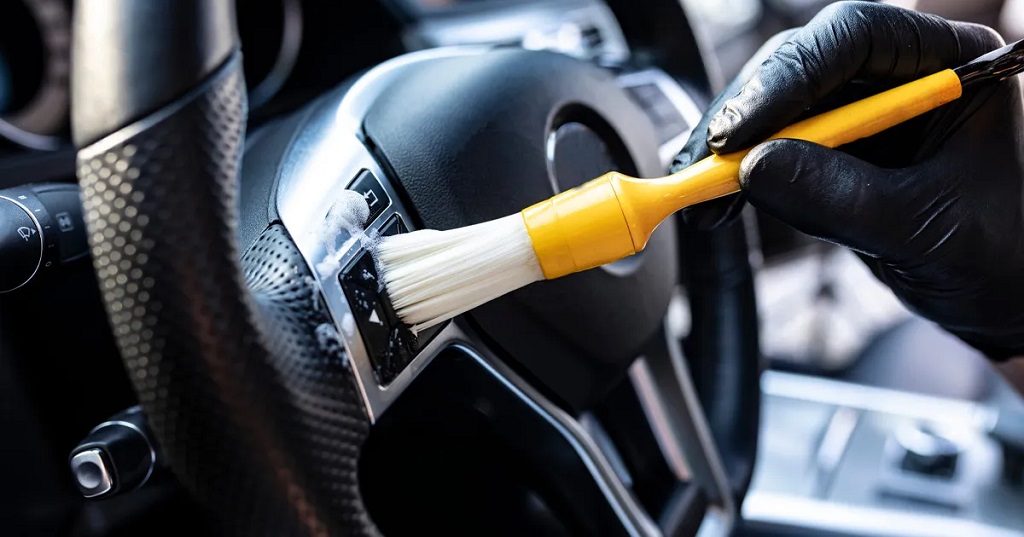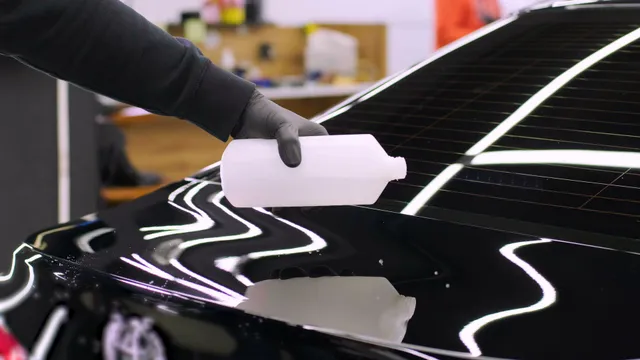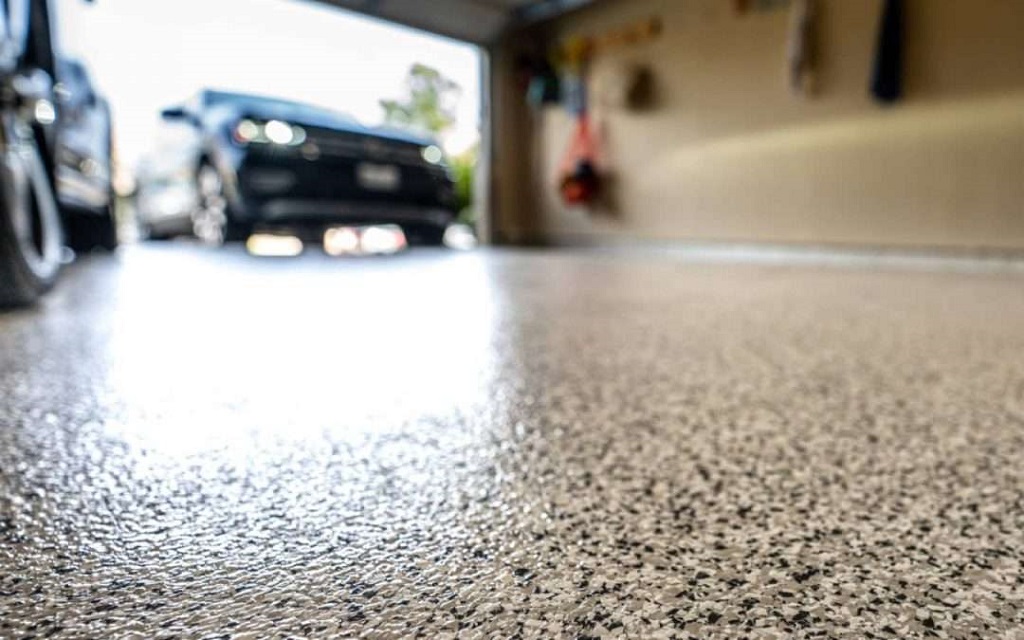Have you ever cranked up the AC in your car only to be greeted by a blast of unpleasant, musty air? This pungent odor can significantly dampen your driving experience. But fear not, fellow motorist! This article delves into the reasons behind your car’s funky air conditioner smell, offering solutions to combat the issue and breathe easy once again.
The Culprits Behind the Stench
Several culprits can contribute to the musty or moldy odor emanating from your car’s AC. Let’s explore the main offenders:
Mold and Mildew Growth: The cool, damp environment within your car’s AC system creates a breeding ground for mold and mildew. These microscopic organisms thrive in areas with poor airflow and moisture, often accumulating on the evaporator core, a component responsible for cooling the air.
Bacteria Buildup: Similar to mold, bacteria can also flourish in the AC system, particularly on the condensate drain pan, which collects moisture removed from the air. Over time, this bacterial growth decomposes organic matter, like leaves or debris trapped inside the system, leading to unpleasant odors.
Organic Material Decay: Leaves, twigs, and other debris can find their way into your car’s ventilation system through the air intake vents. When trapped within the damp AC system, these organic materials decompose, releasing foul odors.
Cigarette Smoke and Other Contaminants: If you or previous owners smoked in the car, the lingering smoke odor can become trapped within the AC system, intensifying over time. Additionally, strong air fresheners or external pollutants can also contribute to unpleasant smells.
Diagnosing the Source of the Odor
Before tackling the problem, it’s crucial to pinpoint the source of the odor. Here’s what you can do:
Sniff Test: Start with a simple sniff test. Turn on the AC and check if the odor is stronger at the air vents. If so, the issue likely lies within the AC system itself.
Visual Inspection: If possible, try to take a peek inside the air vents. Look for any visible signs of mold growth or debris accumulation.
Air Freshener Elimination: Sometimes, air fresheners can mask the actual odor. Try running the AC without any air fresheners for a while to determine if the smell persists.
Combating the Musty Menace: Effective Solutions
Once you’ve identified the culprit, you can take steps to eliminate the odor and prevent its return. Here are some effective solutions:
AC System Cleaning: This is the most comprehensive solution. Many automotive repair shops offer AC system cleaning services, which involve professional cleaning of the evaporator core, condensate drain pan, and air vents using specialized disinfectants and techniques.
DIY Cleaning: If you’re comfortable with some DIY car care, there are AC system cleaning kits available commercially. These kits typically include an evaporator cleaner, coil cleaner, and a treatment for the condensate drain pan. Always follow the manufacturer’s instructions carefully when attempting DIY cleaning.
Cabin Air Filter Replacement: The cabin air filter traps dust, pollen, and other airborne contaminants before they enter the car’s interior. A clogged cabin air filter can contribute to musty smells. Replace your cabin air filter according to the manufacturer’s recommendations, typically every 12,000 to 15,000 miles or once a year.
Sun Drying: After cleaning the AC system or replacing the cabin air filter, leave your car windows down and park it in direct sunlight for a few hours. Sunlight helps kill mold spores and dries out any lingering moisture within the system.
Preventive Measures to Maintain Fresh Air
By following these preventive measures, you can minimize the risk of musty odors returning:
Minimize Moisture Buildup: Turn off the AC system a few minutes before reaching your destination. This allows the cool, moist air to dry out before the car sits idle.
Parking in Shade: Park your car in a shaded area whenever possible. Excessive heat can contribute to moisture buildup within the AC system.
Regular Cabin Air Filter Replacement: As mentioned earlier, replace your cabin air filter regularly to prevent dust and debris from accumulating within the AC system.
Air Vent Cleaning: Occasionally vacuum the air vents to remove any loose debris that might have gotten sucked in.
When to Seek Professional Help
If the musty odor persists after trying these solutions, it’s best to consult a professional mechanic. They can diagnose any underlying issues within the AC system that might require more specialized repairs or replacements.
Additional Tips for Car Enthusiasts
For car enthusiasts who enjoy tinkering under the hood, here are some additional insights:
While the previous section covered effective solutions for most car owners, gearheads who are comfortable with a bit more hands-on troubleshooting can delve deeper:
Evaporator Core Access: Some vehicles allow access to the evaporator core for a more thorough cleaning. This can involve removing the dashboard or certain interior panels. Consult a repair manual specific to your car model before attempting this, as the process can vary significantly.
Antibacterial Treatments: Consider using an evaporator coil treatment after cleaning the evaporator core. These commercially available treatments are formulated to kill mold spores and bacteria lingering on the coil.
Lysol Fumigation (Use with Caution): This technique involves setting off a Lysol disinfectant canister inside the car with the windows closed and the AC system in recirculation mode. While effective, it’s crucial to exercise extreme caution. Never leave the car unattended while the fumigation is in progress, and ensure proper ventilation afterward to avoid inhaling harmful fumes. It’s advisable to research this method thoroughly and only attempt it if you’re comfortable with the safety precautions involved. Consulting a professional mechanic might be a safer alternative.
Leak Detection and Repair: A persistent musty odor could indicate a leak in the AC system. This leak could allow moisture to enter areas where mold growth thrives. If you suspect a leak, consult a qualified mechanic for proper diagnosis and repair. Ignoring leaks can lead to more extensive and expensive repairs down the road.
Remember: Safety always comes first. If any of these advanced techniques seem daunting, it’s perfectly alright to leave them to a professional mechanic. Their expertise and tools can ensure proper cleaning and eliminate the risk of accidental damage to your car’s AC system.
Related: Are Specialized Bikes Made in USA: Unveiling the Truth
Conclusion: Breathing Easy on the Road Again
Musty or moldy odors emanating from your car’s AC system can be unpleasant and concerning. By understanding the culprits behind the odor and following the solutions outlined in this article, you can effectively eliminate the stench and breathe easy on your next road trip. Remember, preventive measures are key to maintaining fresh air within your car. With a little effort, you can ensure a clean and comfortable driving experience for yourself and your passengers.





